I was 14 when my maternal grandfather died suddenly at the age of 78. He was a good man, a great role model, and a huge figure in my young life. It was the first time in my life I had lost someone I loved; it was the first time I had to deal with the concept of death. It took me a while to wrap my young mind around the fact that my Grandpa was gone and I'd never see him, never talk to him again; that I would never again hear him laugh, smell his shaving soap, hear his old pocket watch ticking in the bib pocket of his overalls.
We all have to learn to deal with loss, and we all deal with it in our own ways. It's a sad fact of life; people are born, they live, and in time, they die, and the people who cared for them have to deal with that. But avoiding it? Pretending it didn't happen? I'm no head-candler, but that doesn't seem healthy. So I wonder about the wisdom of trying to leverage artificial intelligence to, essentially, fake out the grieving, as SkyNews Technology Correspondent Arthi Nachiappan tells us one tech entrepreneur appears to be doing.
When technology entrepreneur Artur Sychov's father was diagnosed with cancer, he was forced to accept a day may soon come when he wouldn't be able to speak to him again.
The 38-year-old knew he would give anything to have another father-son conversation after his dad's death.
So, using artificial intelligence, he got to work on a way that could make it happen for others in his position.
Artur has created a virtual reality tool called "live forever mode". It features digital avatars who can simulate a person's voice, mannerisms and movements after just 30 minutes of the user being observed.
The goal is for the avatar to live forever online as a memory of its creator so future generations of their family can interact with it.
Here's the problem: It's all fake. It's not real. It's not that person, and it never will be. It's a collection of bytes based on some random observations of a person by a machine that is programmed with various algorithms to approximate — very crudely — the vast complexities that are human beings. No computer avatar can reconstruct decades of memories, of experiences; no computer avatar can reproduce honest emotional responses and behaviors in all the indescribable complexity that makes us who and what we are. This isn't a way to talk to, to interact with a person beyond death. It's a fake. A cop-out. An avoidance mechanism. It's denial, not acceptance, and that's not healthy.
One of the major attributes of a mature, mentally healthy person is how they deal with adversity. Accepting loss, dealing with it, and moving on with good memories is healthy. We all have to do it at one point or another.
AI, while still a pretty new tool, has been put to other questionable uses besides this one.
See Related: Report: 10 Percent of American Workers' Jobs Vulnerable to AI Takeover
Sick: Anti-Gunners Use AI-Generated Audio of School Shooting Victims' Voices to Push Gun Control
There is a Netflix series called "Black Mirror," and one episode deals with loss; the writer of the show was inspired by not wanting to delete the contact information for a dead friend from his phone.
The first spark that became the Black Mirror episode “Be Right Back” was Charlie Brooker’s phone running out of storage. “I needed to put a new number in my phone but couldn’t because the memory was full, which in itself, is an evocative phrase,” he says over a video call. “I had to delete some numbers and came across the name of a friend of mine who had died. I realised I should delete his number but it felt disrespectful to do so. It was a strange, melancholy moment.”
That's understandable; we all have our coping methods, but there's a big difference between this and producing some avatar of a lost loved one; retaining this contact information is, to my thinking, no different than any other keepsake. It's not an avoidance or a denial; it is a touchstone to memory, and that's perfectly healthy. It's no different than my grandfather's pocket watch, which I heard ticking in his bib pocket when I was a little tad, and which now resides on a stand on a shelf in our Alaska home.
I'd give a lot to have one more hour with my father. But it can't happen. And, sadly, that's how things work, and besides, even were my wish to somehow magically come true, I would just have to say goodbye again, and I don't want to do that. I've dealt with the fact that I can't. I've dealt with the fact that this is a wheel that never stops turning and that now I'm the Old Man.
That's how life works. And there's nothing wrong with accepting it. It's painful. It hurts. But it's necessary. Denial is never good.
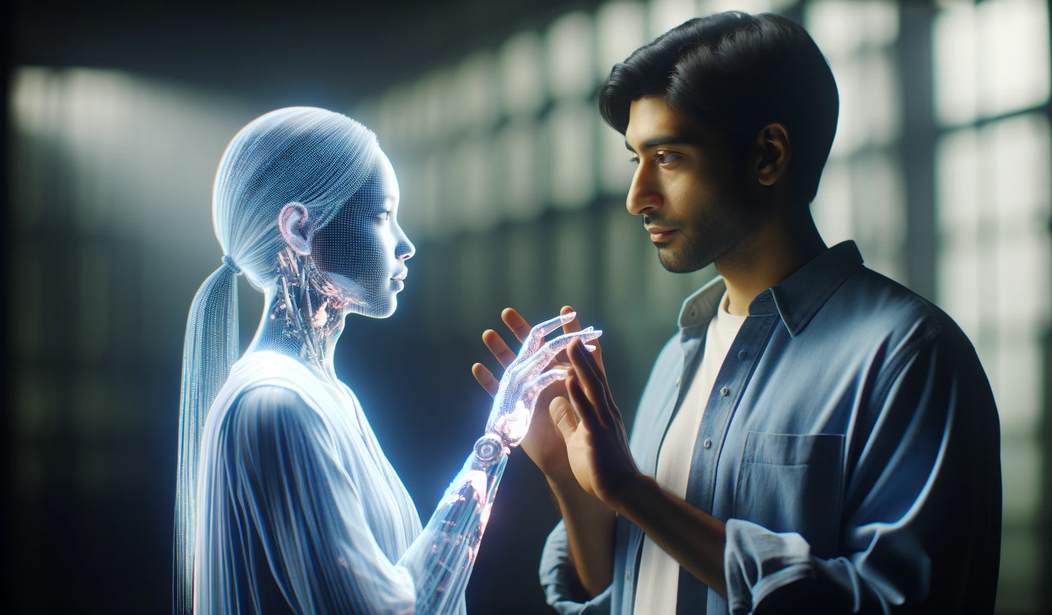



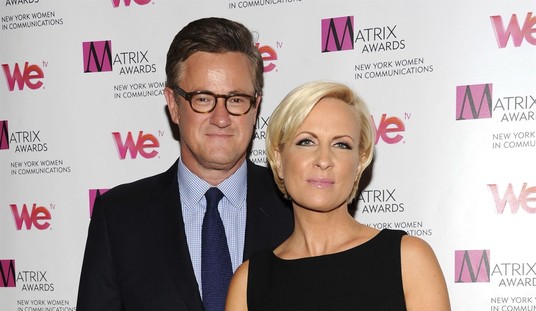

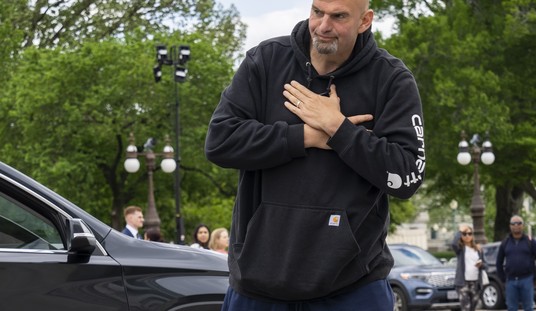



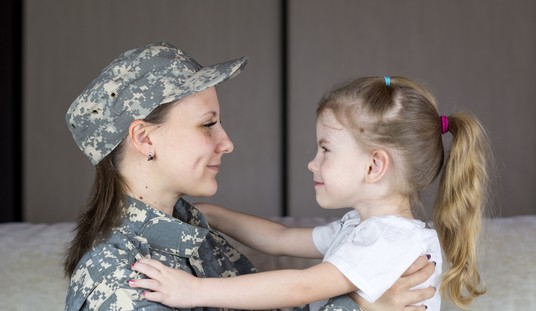
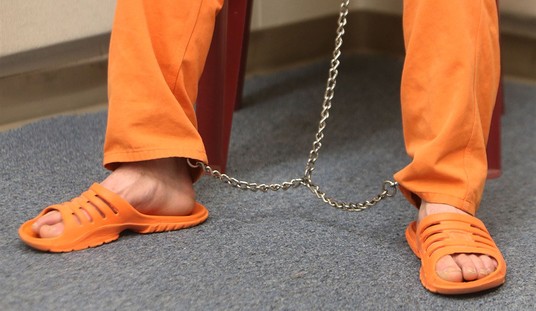
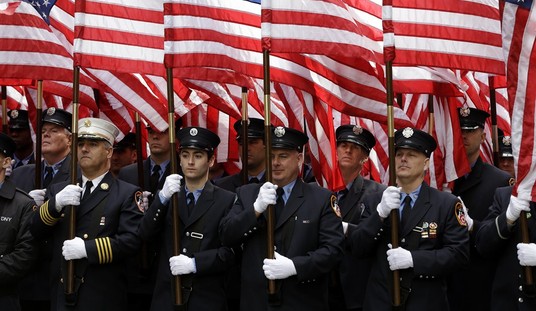


Join the conversation as a VIP Member